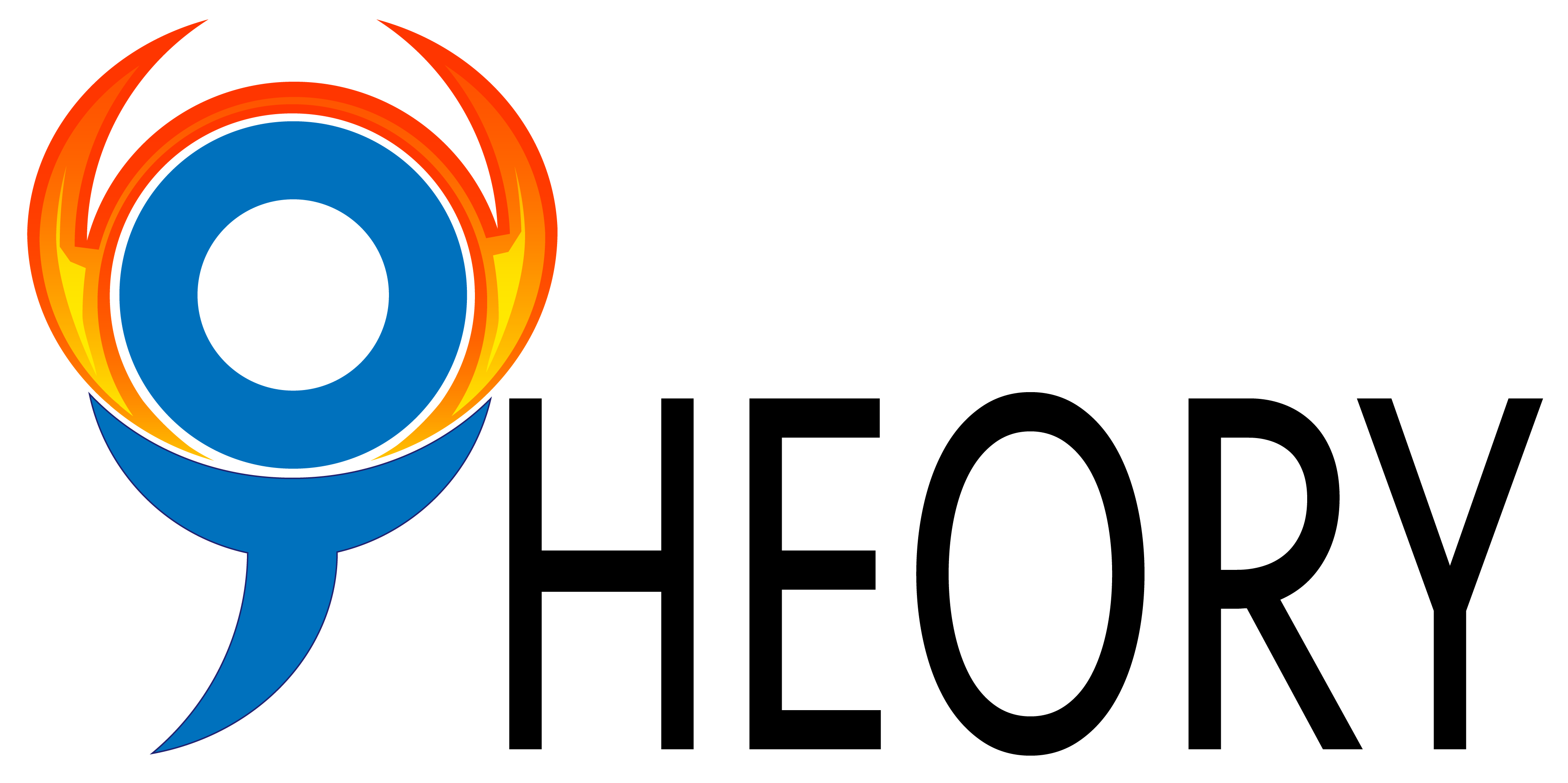The Functional Model of Cognitive Rehabilitation (FMCR) applies general concepts from the Canadian Model of Occupational Performance (CMOP). It aims to complement to the CMOP for choosing, organizing, and performing useful and perceived meaningful occupations in order to addresses the cognitive performance component. In the CMOP, the cognitive performance components include perception, concentration, memory, comprehension, and judgement. The FMCR recognizes the dynamic interaction between clients and their environments (physical, cultural, and social). For example, it considers the progression of various rehabilitation settings (coma care, intensive care/medical care, inpatient rehabilitation, outpatient community clinic, in-home/vocational rehabilitation, independence in community settings with occasional support). Treatment shifts from remedial approach to functional approach along the recovery, and metacognitive intervention is included along with traditional remedial and functional treatment after intensive care stage. Cognitive rehabilitation begins at coma care, by using coma stimulation. At the acute/intensive care stage, therapists prescribe activities with appropriate stimuli to facilitate orientation. The inpatient rehabilitation program includes activities initially in a simulated environment, and later transit to natural environment such as at home and in the community. Cognitive rehabilitation in outpatient clinic mainly focuses on functional area in ADL, work/education, and leisure. At the last stage, therapists support and assist clients in learning and using problem solving skills in novel and overwhelming situations, and responding to crisis. The FMCR also considers the external environmental factors (physical, institutional, social environments) and client related factors (personality, values, cultural background, previous experiences, and motivation). It uses client-centered approach to facilitate clients in regaining or achieving their meaning occupational goals.
Summarized by
- Macey Cho
Type
- Model (conceptual)
Population
- Child
- Adolescent
- Adult
- Elderly
Disability
- Cognitive disability
Domain of occupation
- ADL
- Work
- Education
- Leisure
Application Note
Except being a facilitator who provides guidelines, cues, advice, and feedback, therapist also has a role in providing emotional support to clients during the process.
Key Reference
Lee, S. S., Powell, N. J., & Esdaile, S. (2001). A functional model of cognitive rehabilitation in occupational therapy. Canadian Journal of Occupational Therapy, 68, 41-50.
Year Published
- 2001
Primary Developer
- Shirley Lee
Primary Developer Email
- abiteam@wrh.on.ca
